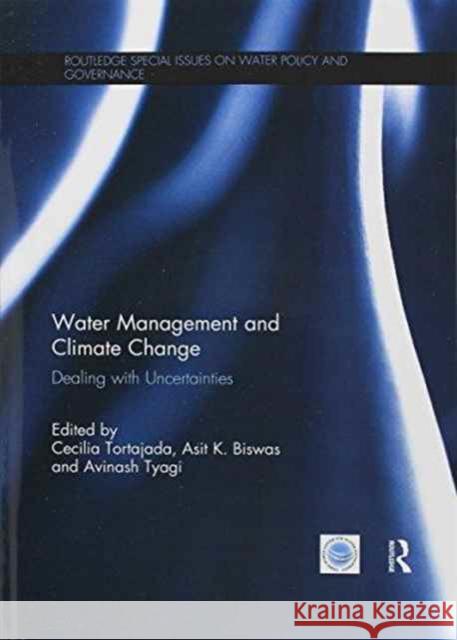Water Management and Climate Change: Dealing with Uncertainties » książka
Water Management and Climate Change: Dealing with Uncertainties
ISBN-13: 9781138693036 / Angielski / Miękka / 2016 / 176 str.
Water Management and Climate Change: Dealing with Uncertainties
ISBN-13: 9781138693036 / Angielski / Miękka / 2016 / 176 str.
(netto: 143,96 VAT: 5%)
Najniższa cena z 30 dni: 135,95
ok. 16-18 dni roboczych.
Darmowa dostawa!
To plan successfully and manage the increased uncertainties posed by likely future climate change, knowledge needs to advance much more for the water profession beyond what it is now available. Meeting these challenges does not depend exclusively on advances in climatological-hydrologic models. Policies for adaptation and strategies for mitigation measures have to be formulated on the basis of what are likely to be the potential impacts. These will have to be regularly fine-tuned and implemented according to changing needs and as more reliable knowledge and data become available. Even more challenging will be the politics of policy making and implementation, which will require a quantum leap from current policy-making and implementation processes. One can even say that, in addition to the development of more reliable models, the politics of climate change and water management remains one of the greatest uncertainties for the water profession.
This book addresses water management practices and how these should and could be modified to cope with climatic and other related uncertainties over the next two to three decades; the types of strategies and good practices that may be available or have to be developed to cope with the current and expected uncertainties in relation to climate change; and the types of knowledge, information and technological developments needed to incorporate possible future climate change impacts within the framework of water resources management. Decision making in the water sector under changing climate and related uncertainties, and societal water security under altering and fluctuating climate are also discussed. Several case studies are included from several basins, cities, regions and countries in both developed and non-developing countries.
This book was published as a special issue of the International Journal of Water Resources Development.











